Minneapolis City Council approved a proposal to allocate $50,000 toward culturally specific communication programs for East African communities. The funding comes from the second phase of the American Rescue Plan, which was approved on May 26.
The Minneapolis Communications Department proposed the funding on May 20, which included plans to work with local vendors and media outlets to bring news in Somali and Oromo directly to East African communities.
Vendors will be government contractors responsible for taking city news and making it easily accessible to previously unreached East African residents.
The goal of the proposal is to equitably distribute information directly from the city to East African residents. Distributed news will include any city news, from public safety updates to program resources and newsletters.
Rose Lindsay, deputy director of the communications department for the City of Minneapolis, said the funds will be an opportunity to expand upon the department’s previous efforts. Since 2016, the department has contracted four different radio partners with over 100 radio programs in Spanish, Hmong and Somali to distribute city news.
“I want to meet the community where they are,” Lindsay said. “I don’t expect folks to come to city social media in English and look for Somali … collectively we want to work with vendors to not only produce content and language, but distribute it where folks are already getting their news and information.”
Lindsay said past efforts to improve communication with East African communities were “limited” in reaching everyone equitably.
The city will work with vendors to produce digital and social media content to reach audiences in varied and more accessible ways, such as livestreams and skits.
The department is now drafting proposals on how the $50,000 will be spent in effectively bringing news to Somali-speaking residents, according to Lindsay.
The proposals will be followed by a public comment period, during which the department hopes to receive community feedback to determine which communication methods would be most successful in reaching East African residents.
Plans are projected to be finalized in early fall, according to Lindsay. However, plans are intentionally being left “open ended” in order to allow for potential vendors to use a variety of media to reach audiences, including Facebook Live, YouTube TV and oral translation.
“There’s a lot happening in the city right now,” Lindsay said. “There’s a lot of opportunity to make sure everybody knows what’s going on and also has an opportunity to participate, engage and be a part of the changes.”
Abdirahman Kahin, owner and founder of AfroDeli, said improved communication from the city would help prevent misinformation from spreading by word of mouth.
“People interpret different ways when sometimes the source of the information could be the third or fourth person,” Kahin said. “Sometimes you completely lose the real information.”
Kahin, who is Somali, grew up in Cedar-Riverside, a neighborhood with a large population of East African and Somali residents, many of whom are immigrants.
Kahin said although there is room for improvement, he has noticed the city reaching out to the community to share news more often in recent years by organizing discussion groups in public places such as local stores and religious spaces.
“If it’s coming from the city, people will respect and follow if they understand the whole concept,” Kahin said. “But if you write in English it’s for everybody, we might not pay attention to it … when you say it in local languages, we will pay more attention.”
Using local vendors to bring news to the city’s Somali residents would help inform many people in East African communities, who would otherwise not put much faith in the government, said Abdirizak Diis. Diis grew up in East Africa and does volunteer work to ensure news is translated and available to local East African residents.
Diis said in his experience, many people in East African communities tend to use social media or word of mouth to receive news, and credible sources are needed to prevent misinformation from spreading.
In addition to digital and social media content, Diis said he hopes to see more constant, traditional news outlets available in Somali such as newspapers and daily television coverage.
“I really highly recommend that the city or the state, or whatever level of government that can sponsor this will have community-led media outlets that can give the information that the government wants to be disseminated … and fill that gap,” Diis said.










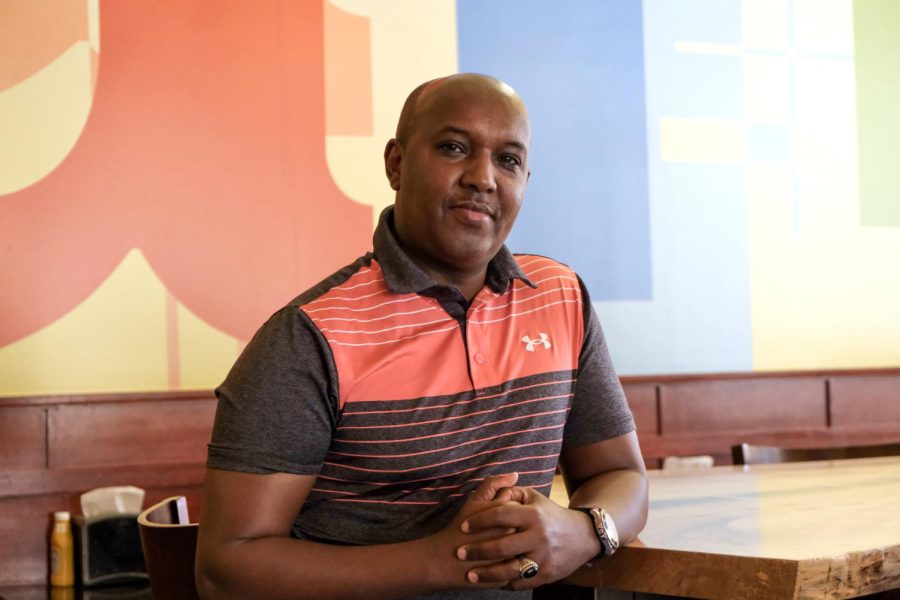











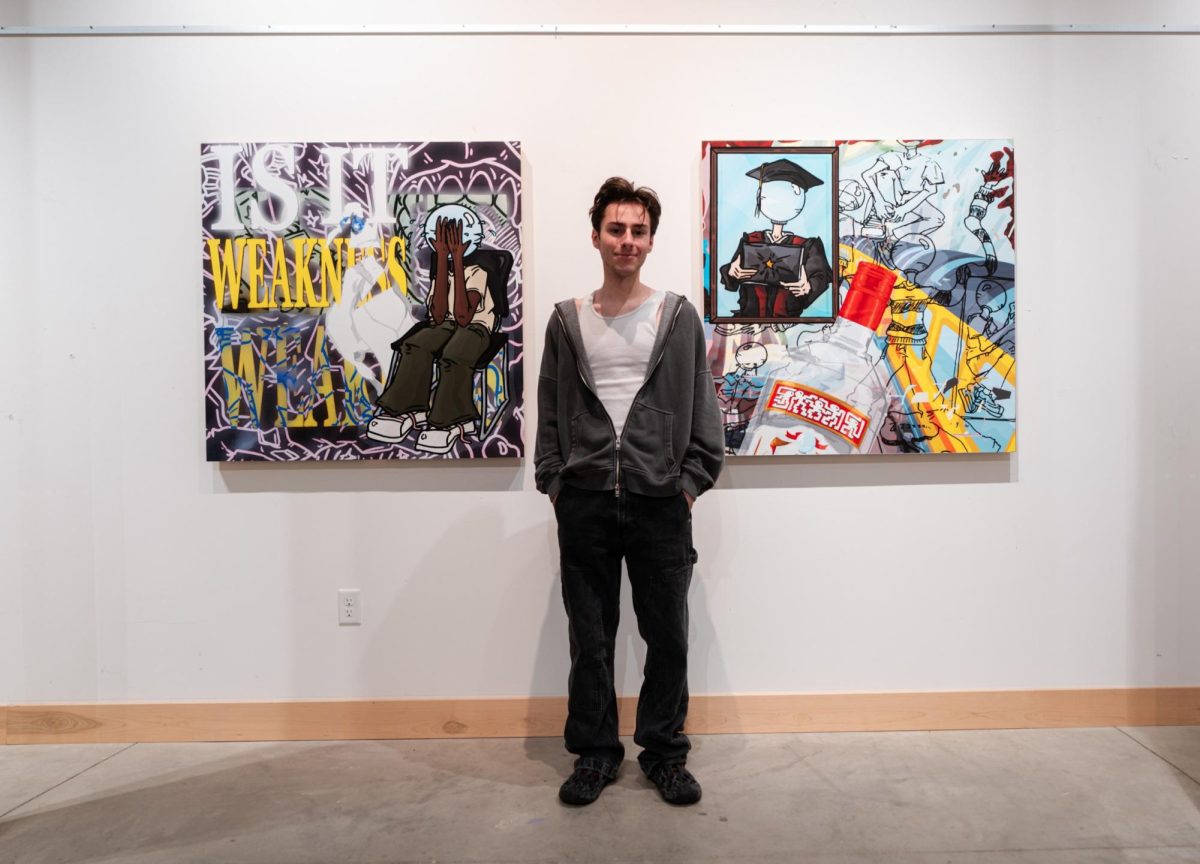
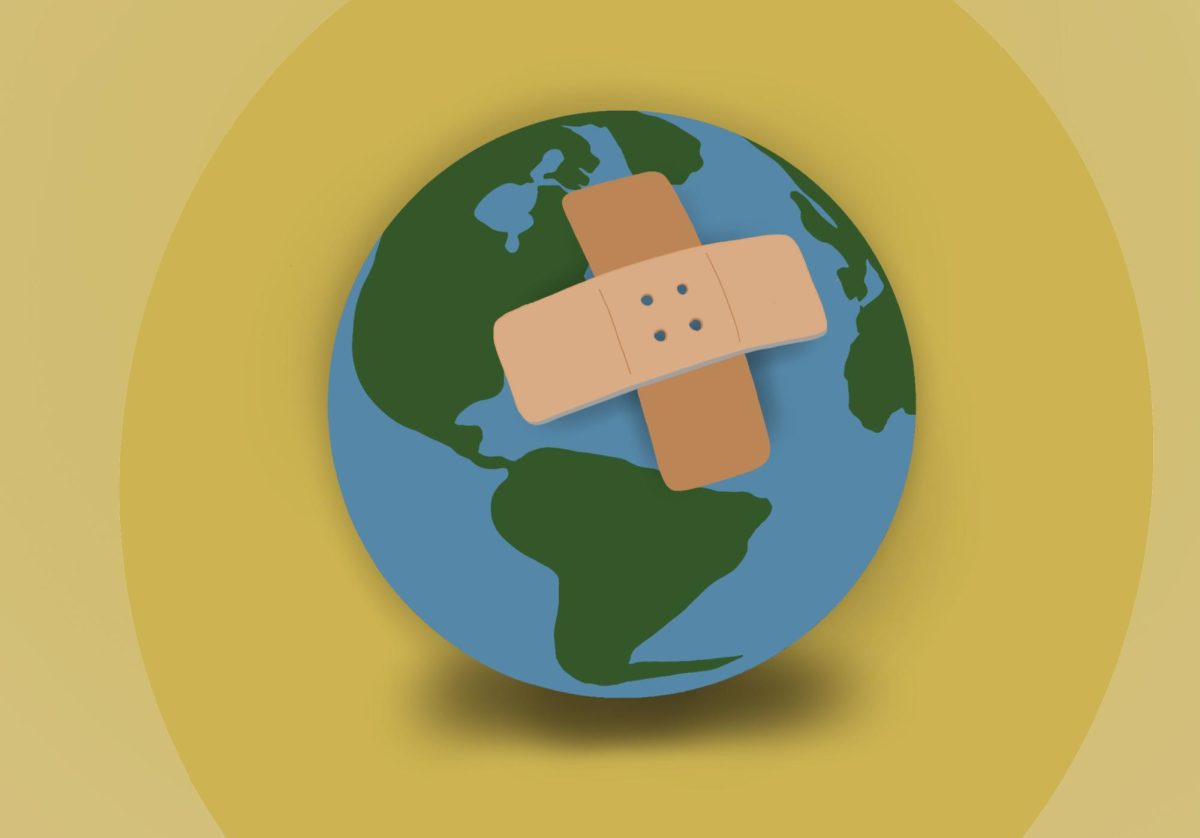
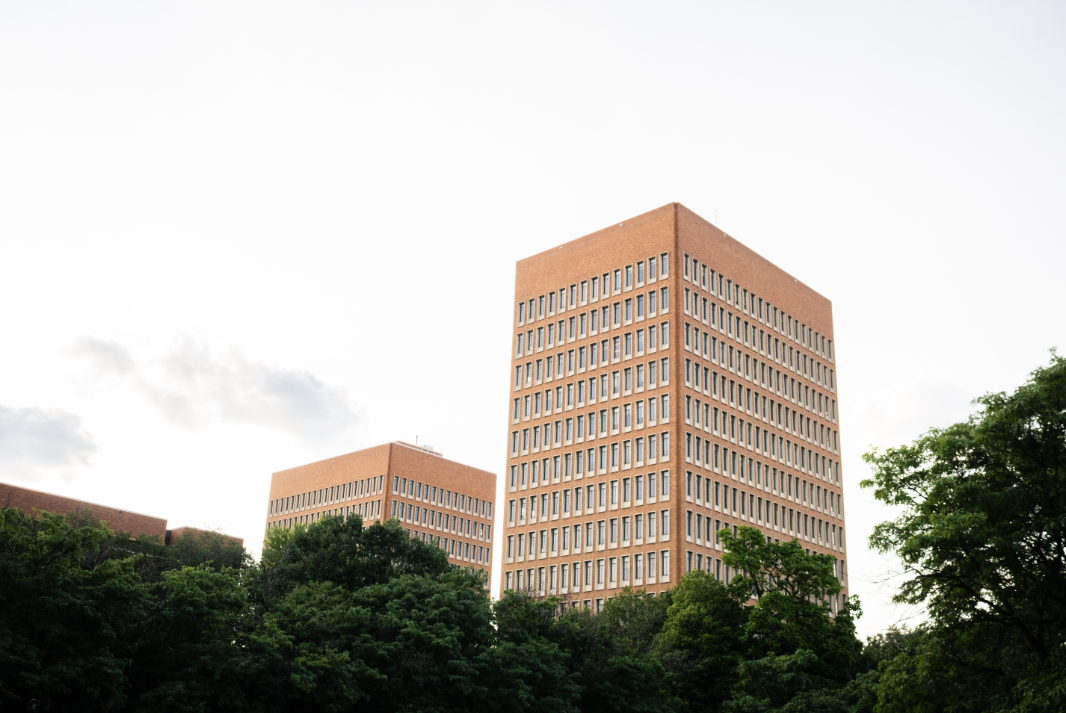
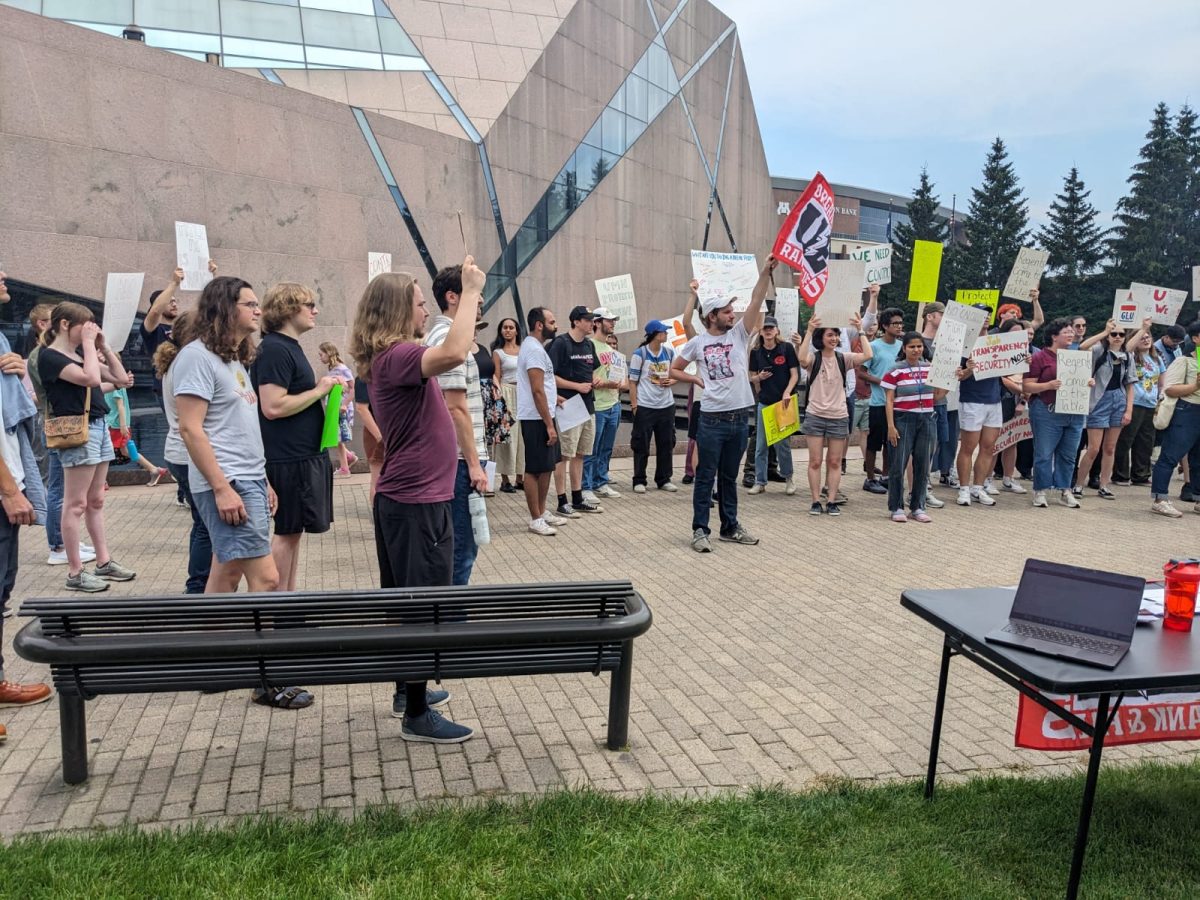

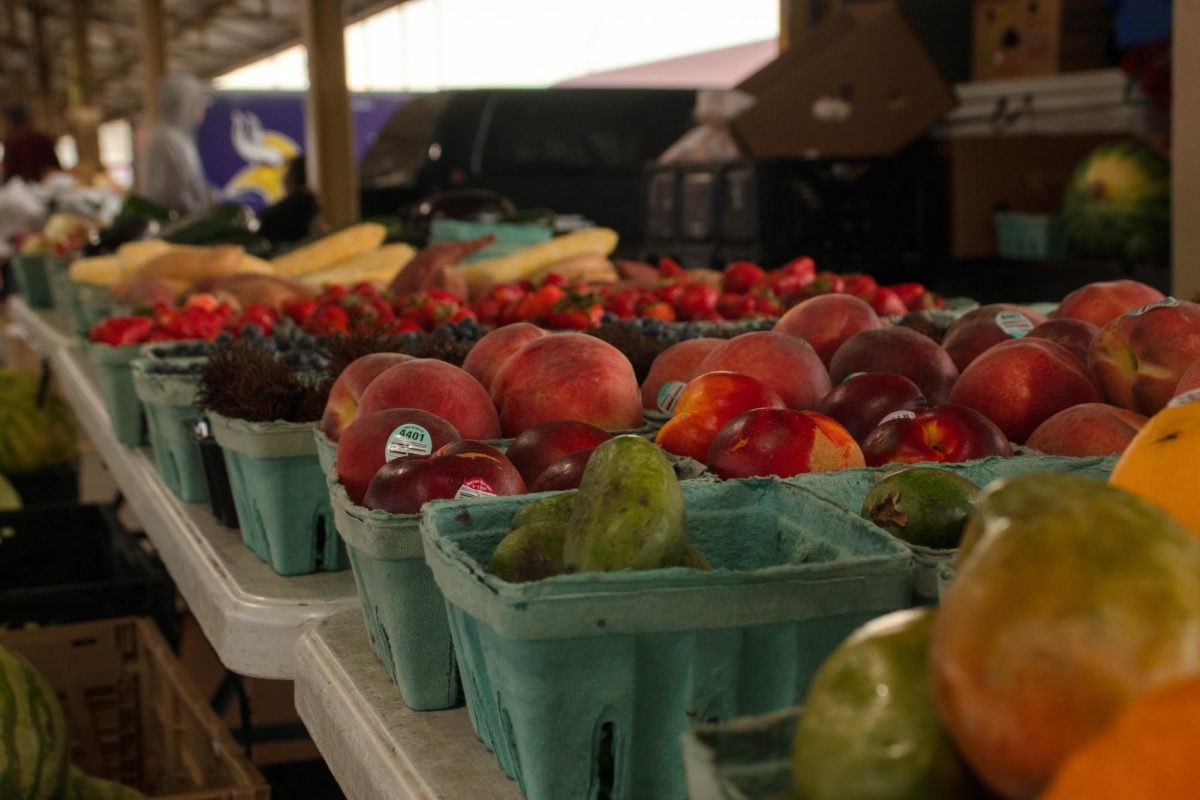

Meat Eater
Jun 21, 2022 at 6:15 pm
All of my Comm Studies professors and instructors said that having a common language is what binds a culture together.
So apparently the East Africans want to remain separate,and with a lot of immigrants wanting to retain their language, it explains why our country is becoming more and more divided.